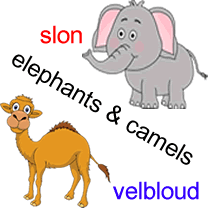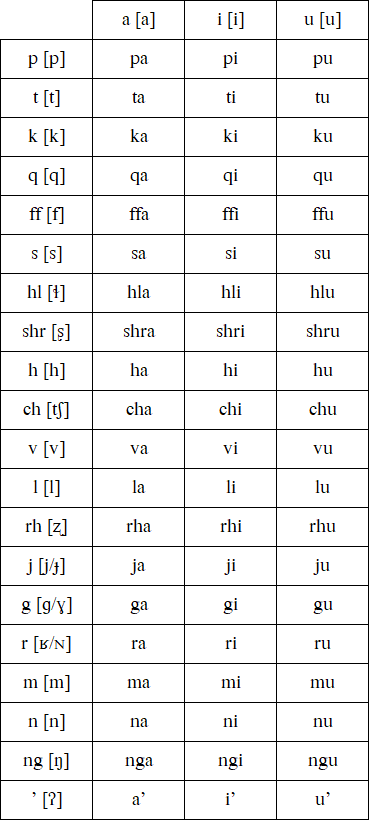When someone is talking in a way that doesn’t make sense to you, is using specialist jargon, is speaking a foreign language you don’t know, or is using made-up words, you might say they’re talking gibberish.
Other words for gibberish include gobbledygook, claptrap, jibber, jabber, jibber-jabber, folderol, twaddle, hogwash, bunkum, blabla, humbug, mumbo-jumbo, jargon, babble, double Dutch and nonsense [source].
Gibberish is possibly onomatopoeic in origin, imitating to the sound of chatter, or from the the Irish word gob (mouth) [source].
In French equivalents of gibberish include charabia, galimatias, amphigouri, blabla and foutaise. To talk gibberish is dire du charabia, baragouiner or bredouiller [source].
You can hear a bit of gobbledygook in the latest episode of the Radio Omniglot Podcast, which I recorded yesterday, and edited today. My friends and I sometimes talk in gobbledygook just for a laugh. Maybe I should add a page about it to Omniglot.
Do you know any other words of gibberish in English or other languages?


